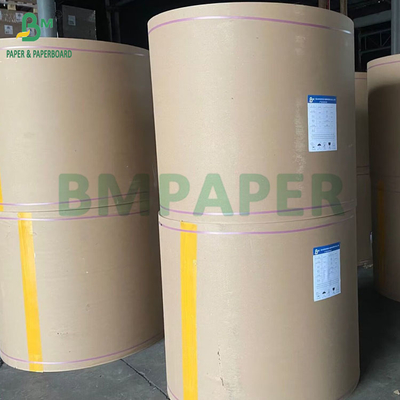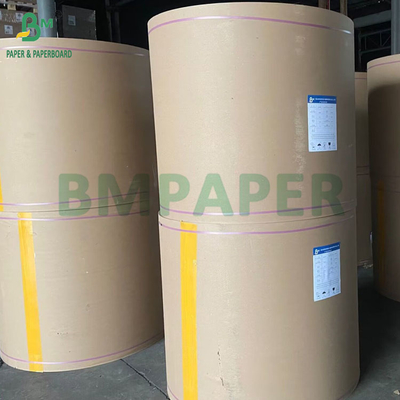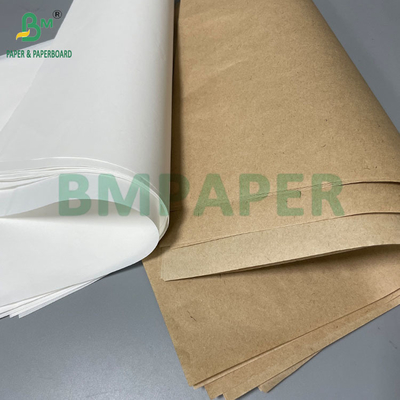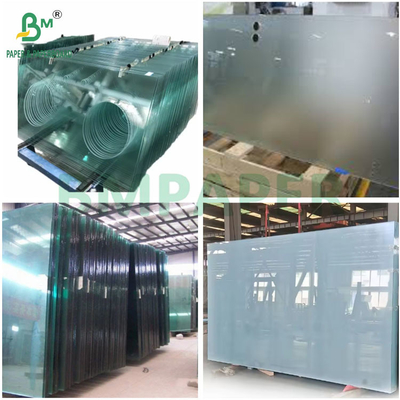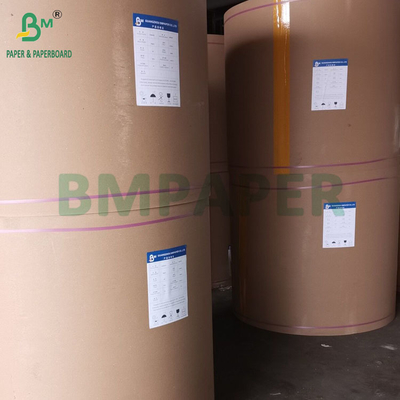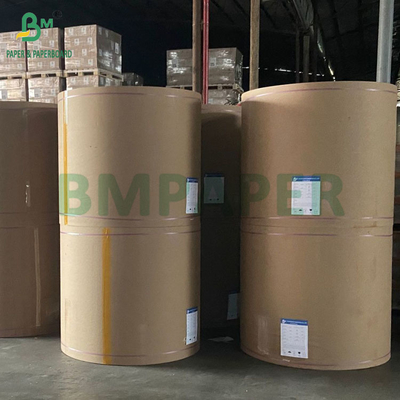► Glass Interleaving Paper Advantages
>> Mould Proof, Rust Proof
>> High Strength and durable
>> Excellent Mildew Resistance
>> Scratch-resistant
>> Moisture-proof
>> Natural or White are available

► Glass Interleaving Paper Description
|
Basic weight
|
28g 30g 32g 34g 36g 38g 40g etc
|
|
Color
|
Brown, White
|
|
Coating
|
Uncoated
|
|
Material
|
Virgin wood pulp
|
|
Brand
|
BMPAPER
|
|
MOQ
|
5Tons
|
|
Feature
|
Anti Rust, Excellent Mildew Resistance
High strength, not easy to tear
Durable, can use for long time
|
|
Application
|
For Glass Interleaving
|
|
Loading capacity
|
20ft: 12 - 15tons
40ft: 25 - 26tons
It up to specific paper size
|
|
Loading port
|
Nansha port, shekou port, yantian port
|
► Glass Interleaving Paper Show

Glass interleaving paper is a specialized type of paper used in the manufacturing process of glass
substrates, particularly for flat panel displays like PV Glass, LCDs and OLEDs.
Glass interleaving paper serves several important functions in the production and handling of glass
substrates.Its primary role is to prevent contamination and scratches on the surface of the glass
during transportation and storage. By being inserted between two glass substrates, it acts as an
intermediate sheet that reduces the occurrence of glass plate tarnishing and other types of damage.
The composition of glass interleaving paper varies, but it typically includes materials such as chemical
pulp, natural pulp fibers, and sometimes specific additives. For example, some interleaving papers may
have a controlled amount of sodium content, which can affect the paper’s performance and the glass
substrates it protects The physical properties of glass interleaving paper are also crucial for its functionality.
These include parameters such as basis weight (usually between 20 to 50 g/m²)
► Glass Interleaving Paper Usage
Mainly for preventing surface scratches and micro-abrasions during handling and transport and reducing
edge damage and keeps glass sheets from sliding or chipping.It can help preserve glass quality during
storage and transport and allows easy separation of glass sheets in production lines.


 Your message must be between 20-3,000 characters!
Your message must be between 20-3,000 characters! Please check your E-mail!
Please check your E-mail!  Your message must be between 20-3,000 characters!
Your message must be between 20-3,000 characters! Please check your E-mail!
Please check your E-mail! 


